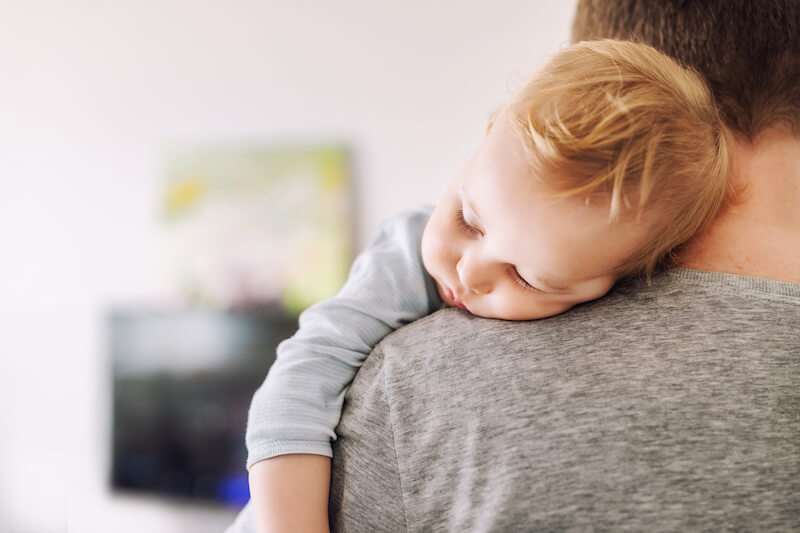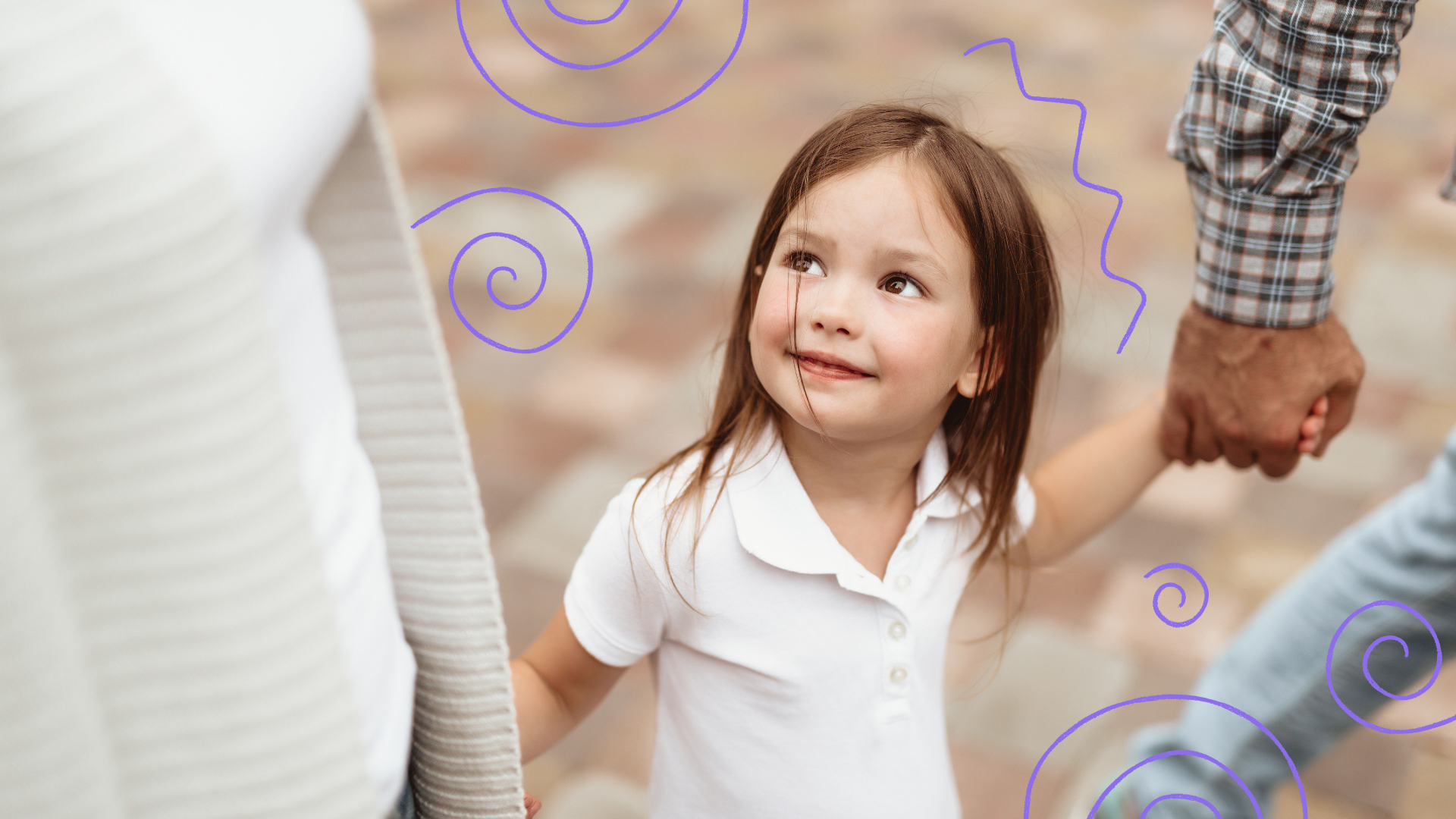
- 4 mins
How To Manage Separation Anxiety in Toddlers, According to Childhood Development Experts

When a young child is expected to separate from their primary caregiver for the first time, it is bound to be accompanied by some feelings of anxiety. Kearney, et al. (2003) writes that those anxious feelings disappear for most children during childhood, but for some, they could continue to cause significant distress.
It could well be that a child experiences separation anxiety when going through a stressful time, but usually, it will subside again when the situation improves. Parents need to know what to look out for and how we can support our children at home.
If a child walks into a new school for the first time and they seem nervous or even shed a few tears, it does not necessarily mean that they have separation anxiety. Any new environment or experience could bring about those feelings, and we could help our kids cope with it too. However, when a child suffers from separation anxiety, it is as if fear or worry takes over their thoughts. They can’t seem to think about anything other than fear.
Make an appointment with your child’s pediatrician and discuss your concerns. In some cases, medication is necessary to help ease the symptoms. Your pediatrician would also be able to refer you to a professional who could help your child, too.
When have to leave your child, ensure that it is with someone they feel safe with and are familiar with. Talk with them about their worries to help them feel more grounded when the time for you to leave comes.
When you separate from your child, let them know exactly when you will return and stick to it. We need to prove to our children that they can trust us as this will help to reassure them.
Speak freely about anxiety and let your child know that it is completely normal to feel anxious at times. Help them find ways to manage their anxiety so that they feel in control of their feelings and actions more often. Breathing techniques and the Moshi calming music and meditation tracks are a great place to start! However, even though this is good practice in any household, it should not be seen as a replacement for taking your child to their pediatrician. Separation anxiety can be more intense and overwhelming than regular anxious feelings.
Separation anxiety is challenging for children, but can also be very daunting for a parent. It is an awful feeling to leave your child when you know how hard it is for them, but sometimes you don’t have any other choice. Ensure that you have coping strategies in place for yourself. It won’t be beneficial to anyone if you are overwhelmed and stressed out.
Kearney, C. A., Sims, K. E., Pursell, C. R., & Tillotson, C. A. (2003). Separation anxiety disorder in young children: a longitudinal and family analysis. Journal of clinical child and adolescent psychology : the official journal for the Society of Clinical Child and Adolescent Psychology, American Psychological Association, Division 53, 32(4), 593–598.